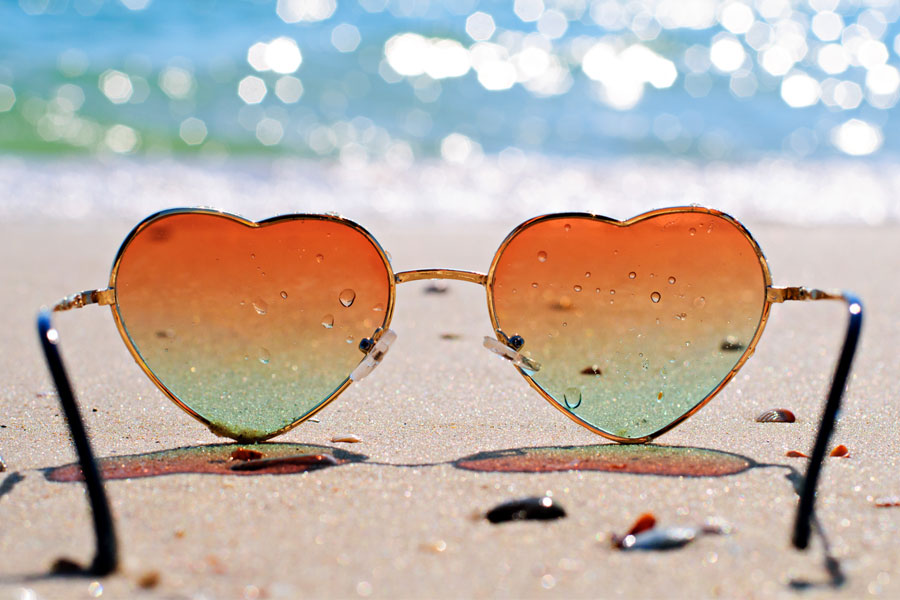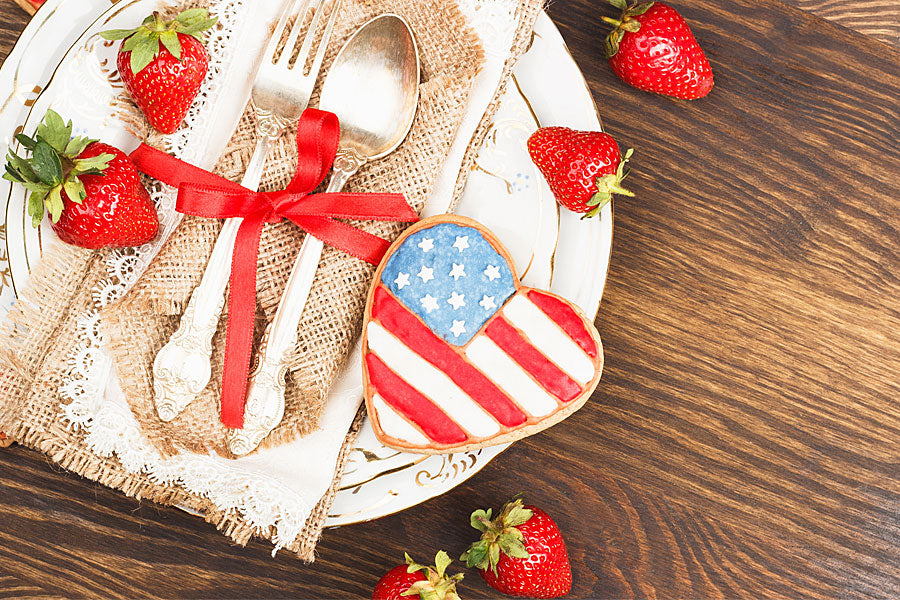Trusted for 25+ Years
The Biggest Red Flag For Any Relationship

Dr. Lisa Lawless, CEO of Holistic Wisdom
Clinical Psychotherapist: Relationship & Sexual Health Expert

Overcoming Our Primal Instincts
There are hundreds of articles about red flags in relationships, but what is the biggest red flag of all? Let's find out!
Negativity & Criticism
In an age where the world gravitates toward judgment as a form of power, it can feel effortless to join in, dishing out criticisms and cruelty. You can hear it in office conversations and see it on social media and online forums. You can experience it in intimate relationships with family, friends, and your partner.
Why Do We Do This?
Judgment is often the first thought that crosses one's mind, and it is rooted in the idea that someone being different than us is bad or dangerous. Seeing another person as 'the other' makes them seem less than or even someone to fear. It's our most primal thought process.
So, why do we do this? Well, it's part of how we survived as a species. By being suspicious of things unfamiliar we were better able to protect ourselves. It is why our criticisms of other people are often loaded with suspicion and fear for being different.
Furthermore, it is effortless for the brain to become addicted to the repetition of criticism toward others. This can foster an endless cycle of negativity, not just toward other groups of people but also in our intimate relationships.
Empathy As A Communal Bond
Evolution has made empathy an essential tool for constructing societies where individuals can thrive and feel protected. It's about cultivating a deep-seated concern for the well-being of those around us and is part of our survival against those who would do us harm.
Our empathetic responses are often stronger towards those we share close ties with, like friends or family, as compared to a stranger. However, the more evolved we are, the more we can empathize with others outside our community who are different from ourselves.
When we indulge in unkindness within our familiar circles, such as our coworkers, family, friends, or partner, we're stranded in primal negativity. It restricts our capacity for growth, connection, and vulnerability. It's like we're caught in a relentless loop of cynical survivalism.
Glorifying Cruelty
Some people use cruelty as a ladder to climb to power, believing it is a form of confident superiority. Kindness gets painted as a sign of weakness. We often glorify ruthless people who step on the vulnerable to get ahead.
You can see it in businesses that put profits over people; when it is portrayed in movies and shows and it can even be seen in relationships when we celebrate people who stay unattached and play the field. This perspective downplays the importance of kindness as a superpower.
However, it is only through emotional wisdom that truly intelligent people know how to handle complex situations with empathy, not cruelty.
Bottomline, the kindest person in the room is often the smartest.
We Can Get Addicted To Being Negative
When we repeat behavior that is critical, angry, and cruel toward others, we can find it challenging to change this behavior. This is because we create a neural pathway in our brains of being negative and critical.
A neural pathway is a series of connected neurons through which information travels in the brain. If these pathways are frequently used, it makes the behavior challenging to break. It's like a path in the woods: the more it's walked on, the more worn it gets, even if it leads somewhere undesirable.
Emotional Intelligence
While we will always have our primal brain that scans for people and things to be wary of to protect ourselves, it is a truly evolved person who also taps into the evolved states of empathy and compassion and who leads with kindness. These mental capacities allow us to step past our most primal urges.
We've come a long way from being driven by basic survival instincts to developing an understanding that diversity is a positive thing. Diversity enhances creativity, innovation, and adaptation by bringing together different perspectives, experiences, and skills. It's a catalyst for growth. Embracing it is like creating a new mental map that guides us toward acceptance rather than anxiety or prejudice.
Kindness and empathy are not signs of weakness, but signs of a highly evolved mind moving beyond our most basic instincts.
Kindness Does Not Mean Being A Doormat
It is a common misperception to mistake showing kindness as meaning one becomes an emotional doormat. The truth is that you can embody kindness without surrendering your emotional integrity.
The difference between being an emotional doormat and being kind is rooted in boundaries. As an emotional doormat, you absorb others' feelings and problems at your own expense, a manifestation of misplaced empathy. This path leads to burnout, resentment, and loss of your sense of self.
Kindness is about connection, compassion, and courage. Courage to assert your own needs, set boundaries, and say no when it's needed. Being kind doesn't mean being always available or appeasing others at your own cost. It means respecting your own feelings and boundaries while honoring those of others.
How To Spot Lack Of Kindness
Imagine a yardstick to measure an individual's emotional intelligence. Just take a look at how cruel they are to others in person, on social media, or anywhere. Are they rude to a waitperson or customer service rep? Are they badmouthing people often? Are they highly critical of you?
If a person walks through life leaving a trail of being highly critical of others for being different than them, it's a sign that they're still stuck on the first step of societal evolution. They are failing to progress beyond basic survival instincts and are not allowing their brains to make new, empathetic connections.
The Gift Of Kindness
Relationships that foster kindness are much healthier and more satisfying. Look for a person's capacity to be kind. Being considerate and caring in a world that often rewards cruelty requires incredible strength, and that strength is a sign of emotional and cognitive maturity.
Kindness is the key ingredient for our self-esteem, leadership qualities, improving our relationship with others, and benefitting your partnership to go the distance.





